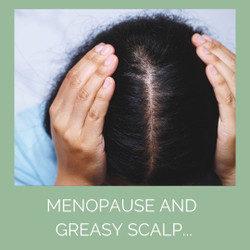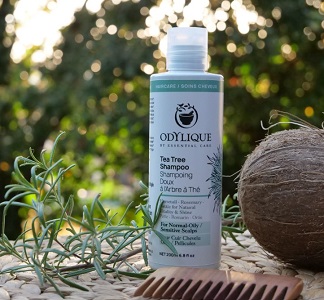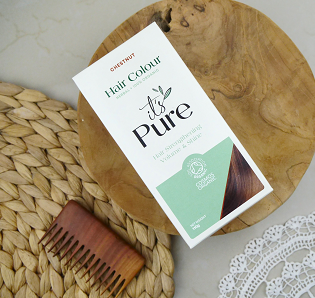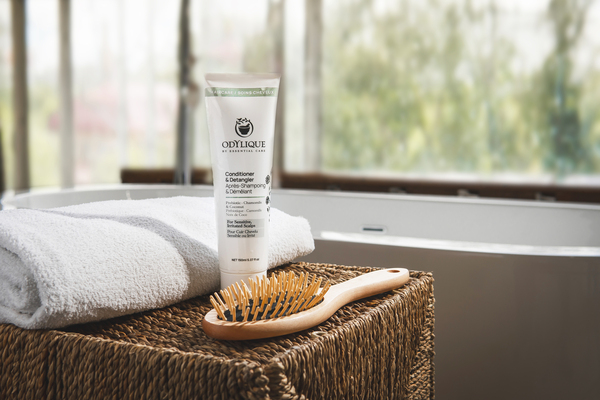During perimenopause (the time when your hormone levels start to fall) and menopause (when you’ve not had a period for 12 months), you may be aware of experiencing a number of unusual symptoms.
Most of us know to expect hot flushes, weight gain, mood swings and memory issues. They are not pleasant, but are well reported.
However, there are many other symptoms that aren’t so widely known that can leave women confused and feeling uncomfortable.
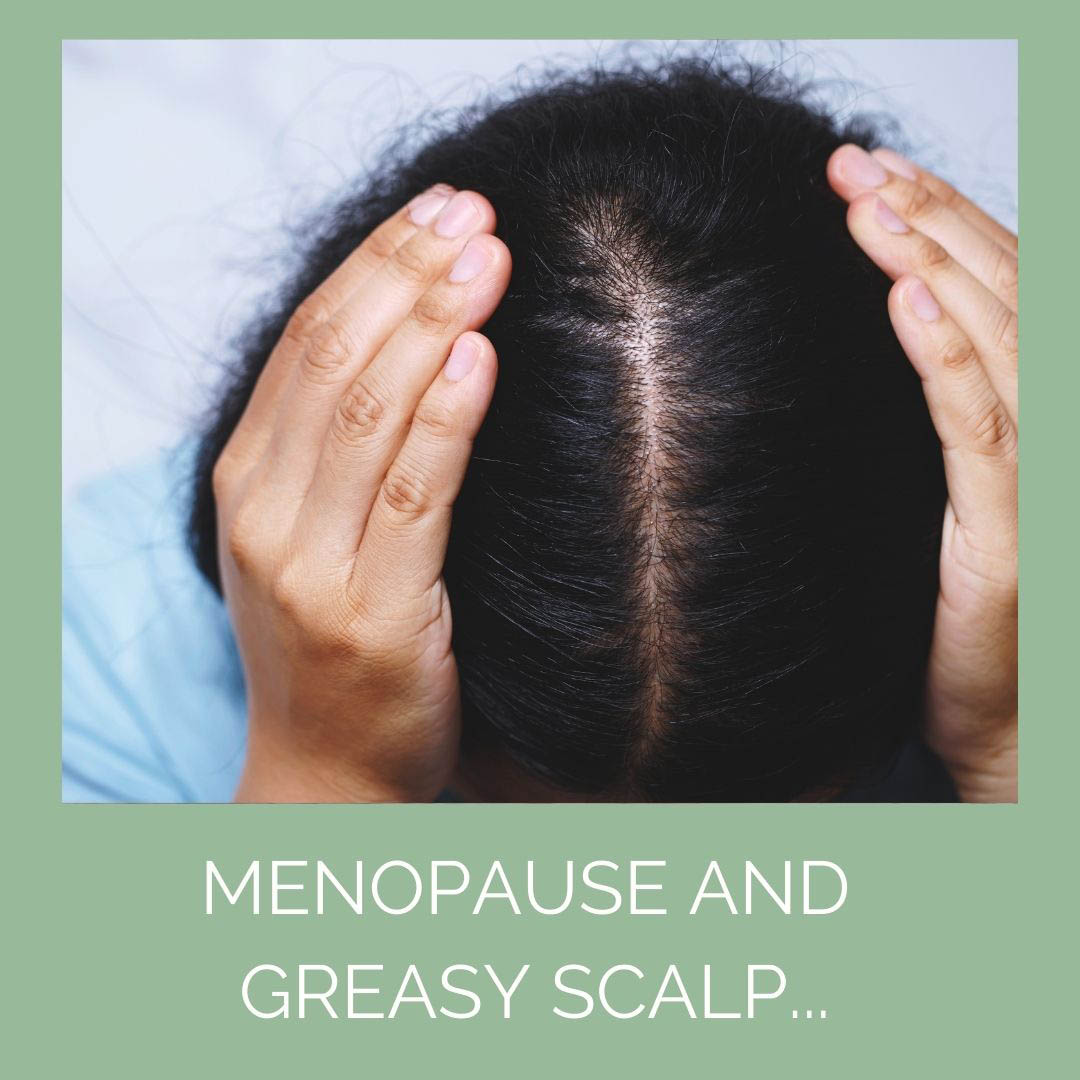
Your hair and scalp can be hugely affected by hormonal shifts, so it may not come as a surprise to realise they too can be impacted by your menopause.
Lots of women notice thinning hair, and an itchy scalp in menopause, but often, menopause and greasy hair also go hand in hand.
Why do we get greasy hair during menopause?
Women going through perimenopause and menopause experience a change in their hormone levels. One hormone, androgen, surges, increasing the production of sebum in the scalp.
Sebum is vital to our hair, protecting it from environmental damage and keeping it supple, but too much can lead to a greasy look.
Our hair also becomes thinner as we get older, and we don’t renew the hair we lose as quickly, leaving us with less to absorb the oil (sebum) the scalp produces.
The combination of hormonal imbalances leading to the over production of sebum and the thinning of our hair over time, is what causes the look of greasier hair in menopause.
What Can I do to Tackle my Menopausal Greasy Hair?
1. Consider washing it less
It may seem counter-intuitive, but washing your hair too often strips the scalp of sebum. You then overproduce more to try and resolve the issue and your hair gets greasier faster.
Midlife is a great time to try switching to every other day, and many women even find co-washing, or the no poo method (using no shampoos or toxins) very successful.
2. Switch to Sulfate free
If you look at the ingredients on your shampoo and it shows Sodium Laureth (or lauryl) sulfate, SleS, you might want to consider a switch.
Sulphates are harsh detergents that work to cut through grease but at the same time, strip the hair and scalp. The scalp responds to this by producing excess sebum (oil), creating a vicious circle of grease.
Switch to a natural, organic hair shampoo with ingredients like biodynamic nettle, which has proven scalp benefits. You'll possibly find you need to wash your hair less frequently too because gentler shampoos provoke the excess sebum response.
3. Consider your colour
You might be happy going grey naturally, or you may colour your hair. That’s up to you, however, the choice of colour you use is important.
Traditional box dyes often contain PPD which can irritate the scalp, cause allergies and dry the hair out, leading to increasing oil production over time.
Switching to a natural colour, like Henna, can be a great alternative. You don’t have to have bright red or blue-black anymore either. Modern Henna formulations give great tone and shade variation depending on what you’re trying to achieve.
4. Avoid silicones
Silicones are a type of plastic added to many conditioners and shampoo/conditioners that immediately add a soft, sleek feeling. It’s almost certainly in any product that makes your hair feel ‘slippery’.
Over time, however, they weigh the hair down, irritating the scalp and creating oily residue. This leads hair to look finer and lanker. As our hair thins, we need products that boost the volume of the hair shaft, not choke it.
Ultimately, silicone leaves our hair looking dull and aged. You can spot silicones in conditioners, by looking for words that end: -cones, -conols, -silanes, and -siloxanes. Dimethicone is the most common. Even washing with sulphate laden detergents won’t get silicone out of your hair easily, so be cautious.
For many people, ditching the sulphates and box dyes can be enough to not even need conditioner after a while.
Alternatively, organic conditioners with ingredients like coconut oil, and amino acids which work to build the hair’s structure, show better long-term health-giving results for the scalp.
5. Rinse thoroughly
Rinsing the scalp free of residue helps it to balance itself naturally. We advise rinsing with lukewarm, not hot, water for 30 seconds longer than you think you need to ensure your hair is clean.
The beauty of this is, if you’ve ditched all the unpleasant chemicals from your regime, the rinsing process is much shorter, which also impacts the environment in a positive way.
For more information on menopause and you, visit our organic menopause section here >

